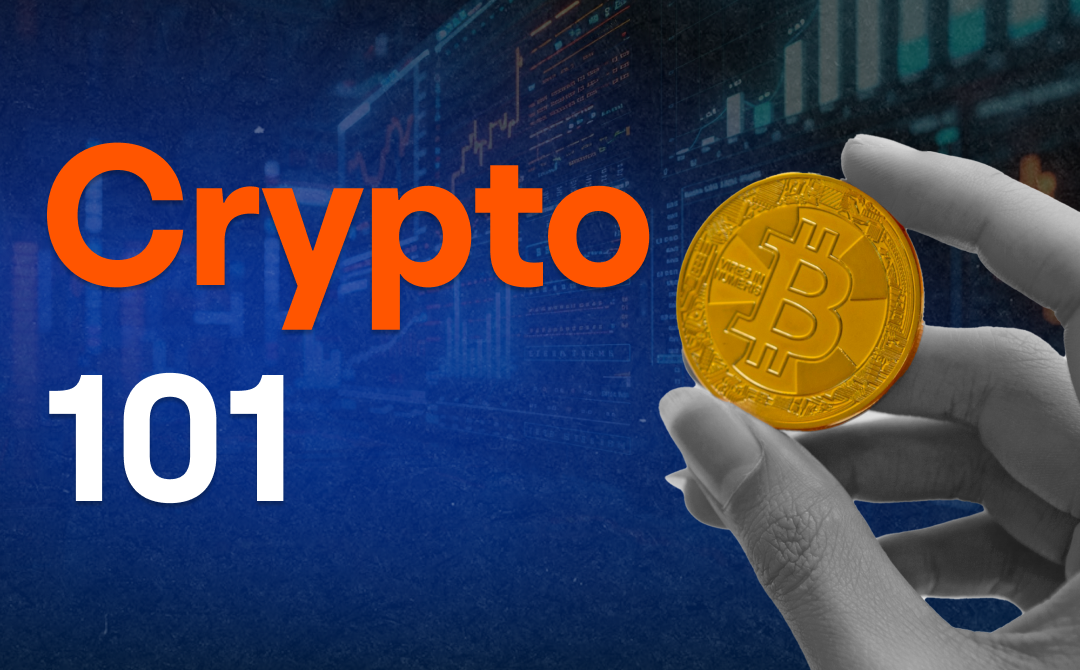Trump's "Economic Weapon" has added a fierce move, and this "Energy Strangulation War" against Venezuela actually hides three layers of calculations.
On Monday, US President Trump seemed to invent a new economic governing Weapon, threatening to impose so-called "secondary tariffs" on countries purchasing Oil & Gas from Venezuela to cut off Venezuela's oil trade with other countries.
This threat was issued through the Truth Social website and subsequently confirmed in an executive order, threatening that countries buying Oil & Gas from Venezuela could face a 25% tariff in their Trade with the USA, while Venezuela is already under severe sanctions from the USA. This move is aimed at pressuring Venezuela, as Trump stated that Venezuela has sent "tens of thousands of high-level criminals and others" to the USA.
 Trump favors using US economic influence as leverage to achieve his foreign and domestic policy goals, and he is eager to deploy more and more Weapons, with this novel approach adding new content to Trump's Weapon list.
Trump favors using US economic influence as leverage to achieve his foreign and domestic policy goals, and he is eager to deploy more and more Weapons, with this novel approach adding new content to Trump's Weapon list.
This idea is likely to exacerbate tensions with Latin American countries over immigration and foreign policy.
Francisco Monaldi, the Director of Latin American Energy Policy at the Baker Institute for Public Policy at Rice University, said, "This is a new Concept in economic warfare. How it will be executed? It's still unclear."
Through this threat, Trump appears to have invented a combination of tariffs and so-called secondary sanctions, which are financial penalties imposed on other countries or individuals that do business with the sanctioned entities.
Given that Venezuela's oil mainly goes to the USA, Spain, India, and the black market, the targets of his "secondary tariffs" could vary significantly. Chevron, Repsol, and Reliance Industries Ltd. hold licenses respectively for those top three countries. Monaldi's remarks suggest that Trump's secondary tariffs are aimed at other countries associated with black market transactions of Venezuela's oil trade.
Trump's executive order grants Secretary of State Rubio the discretion to decide whether to impose a 25% tariff on countries that directly or indirectly import Venezuelan Oil & Gas from April 2nd.
Experts say that Trump's move is understandable because he has expressed that he is not inclined to impose financial sanctions. In September of last year, he stated that sanctions could potentially stifle the dollar and 'everything the dollar represents.' He said that tariffs could serve both as a negotiation tool and as a measure to increase revenue.
Tariffs provide the option to increase or decrease the penalty amount, indicating that if countries purchasing energy from Venezuela continue to violate U.S. policy, Trump could raise tariffs to 30% or more, while slowly lowering the tariff rate if these countries make progress in meeting U.S. demands.
Josh Lipsky, senior director of the Atlantic Council’s Geoeconomic Center, said: 'Sometimes, he (Trump) sees tariffs as a form of sanction. He believes that financial sanctions can lead to de-dollarization, which he has made very clear since his campaign.'
Lipsky stated in an interview that while Biden may have expanded the usage of economic national policy tools, Trump is 'creating entirely new tools.'
U.S. Treasury Secretary Basant described Trump's use of tariffs in three categories: one as a tool for gaining leverage in negotiations, another as a revenue-generating measure to offset the costs of extending the 2017 tax cuts, and the third as a means of restoring a favorable trade balance for the USA.
Trump showed interest in all three concepts, sometimes even simultaneously. Early in his second term, he implemented a series of sanctions, tariffs, and visa restrictions against Colombia due to the country's refusal to accept deported immigrants. The Colombian government quickly made concessions due to concerns about an expensive trade war with the USA.
An economic national policy practitioner in the Biden White House reinforced this viewpoint, stating in an interview before Trump took action against Venezuela that the president might prefer tariffs over sanctions because he believes tariffs are a win-win rather than a lose-lose situation.
Peter Harrell, former Senior Director for International Economics and Competitiveness at the White House National Security Council, said: "In Trump's view, the benefit of imposing tariffs is that even if the symbol does not yield, you have to impose tariffs; at least you can get some Cash."


 特朗普青睐利用美国经济影响力作为实现其外交和国内政策目标的筹码,他急于部署越来越多的“武器”,而上述新颖的方法为特朗普的“武器清单”增添了新的内容。
特朗普青睐利用美国经济影响力作为实现其外交和国内政策目标的筹码,他急于部署越来越多的“武器”,而上述新颖的方法为特朗普的“武器清单”增添了新的内容。






Comment(0)
Reason For Report